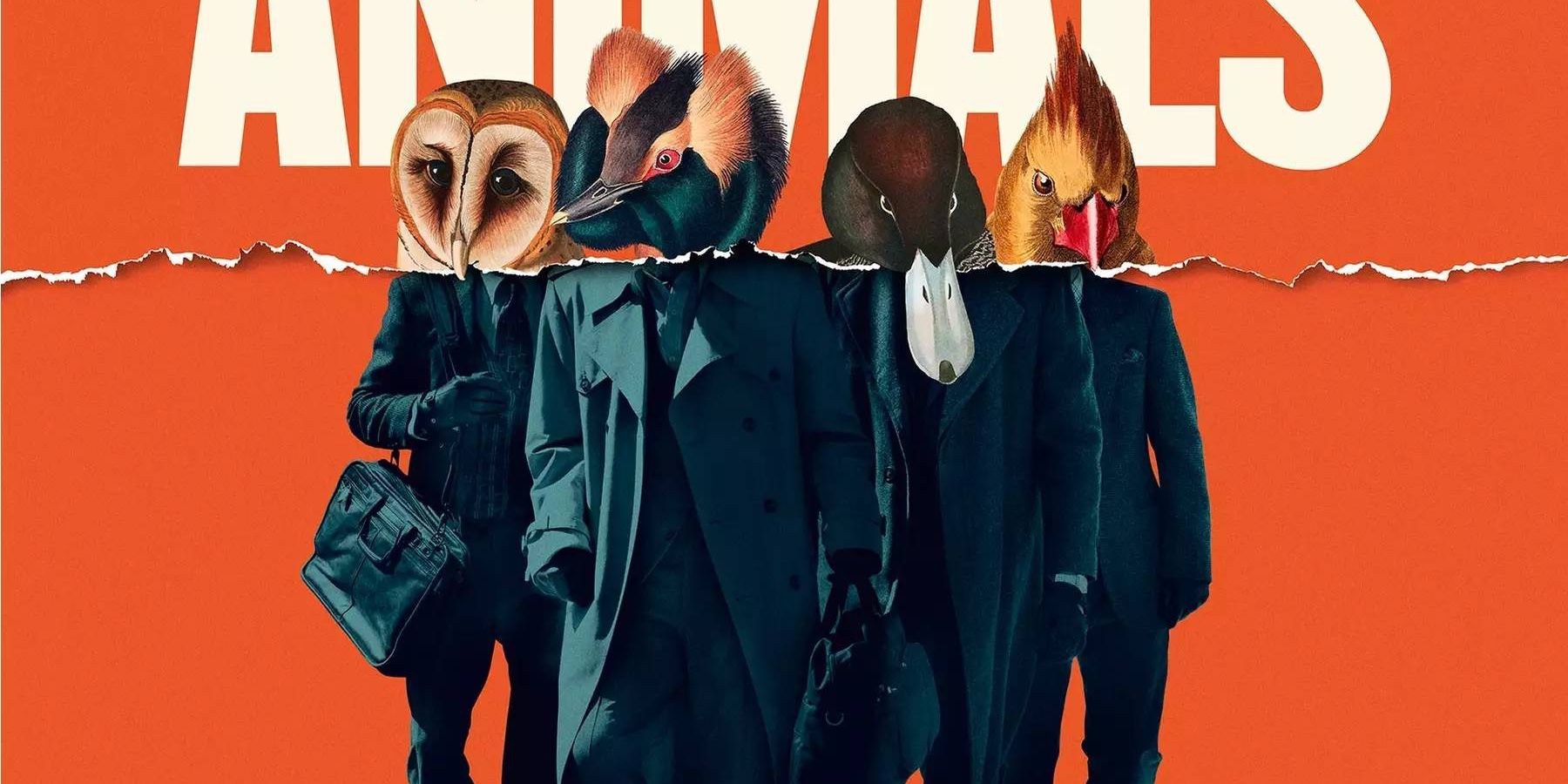Bart Layton is a multi-winning director, producer, and writer most known for his work in the documentary film genre. Layton’s recent documentary, The Imposter, achieved critical acclaim after premiering at Sundance and won a BAFTA. Now he will be releasing his first feature film American Animals, which is now in theaters.
Screen Rant got a chance to talk with Bart Layton on press day, where we discussed how he discovered the story that inspired the film, how much he believes Warren’s point-of-view of the heist, and how he utilized his documentary background to film his first feature film.
SR: This film is so fascinating to me. I had no idea really about this story. So what inspired you, or how did this come across your desk and how did you find this? What inspired you to do this?
Bart Layton: I read about the story, the crime, in a magazine and I thought it was sort of kind of a stranger than fiction story. The more I read about it, the more bizarre it became. Very unusual group of criminals, you know? They were very well educated. They were from good families. They had lots of opportunities. I was immediately intrigued to understand the why of it. At the time I had heard about the story, the guys - and this is a bit of a spoiler but hopefully not too much - were in prison for quite a long time. I began writing to them just with that objective of trying to understand more of what the motivation was and it was the letters that came back from them and the honesty where they talked about some of the reasons they had for doing it. It wasn’t all about the money. I mean, for one of them and two of them it was. That was the thing that made me think, “Wow. This is more than just a great story.” This is really a story about our time. This is a story about young men who are rather lost, looking for this so-called “special” life they are promised and they are looking for identity basically.
SR: I’ve got to ask you because Warren is such a fascinating individual. Do you believe his story with everything that happened? Because it seems like the guys are like we don’t know.
Bart Layton: I mean, I think it’s one of the things that, as an audience, you are encouraged to question. I don’t have more information than you do after you’ve seen the film. I think Warren, he’s kind of a fantasist. He wanted to create a movie for them all to live in. They wanted to live in a movie rather than reality and that’s the great irony. Now there’s a movie about the story, but there was a sense that the guys, I thought that they probably thought that they would never actually go through with it. That they were going to get as far as they could to look over the precipice and then go we aren’t jumping because that would be disastrous and they did. And I think Warren probably more than any of them needed to know what was on the other side of that line that you should never cross.
SR: Now the way that you did this film was extremely creative to me. When did you get that idea to take it in that direction? Was it in pre-production when you were like I am going to do this documentary style thing and also a feature? Like merging this worlds?
Bart Layton: You know, my background is in docs. There is something about watching a documentary in a cinema which is a really visceral experience for an audience. You know, if someone pulled out a gun in a documentary or there’s blood on the floor, that is like heartstopping stuff. People get shot in the face every five minutes in the movies and we don’t bat an eyelid, do we? I wanted to try to bring those two things together. So you are watching this but, because you know that it is true and hasn’t been wildly exaggerated and hasn’t been fictionalized, you are constantly remembering that this is happening in the same world that you and I live and breathe in. And so, because of that, your engagement and investment in the story is heightened. You are like in it. You are feeling like what it might feel like to attempt a robbery like this.
SR: Chas is also another interesting character because it seems like he has the most to lose. So talk to me about when you spoke to him. What sense you got from him?
Bart Layton: Well, Chas is more of the straight guy in a way. Chas is very ambitious. He’s incredibly professional. You know, his attitude was if we are going to do this, we are going to do it right. He’s not looking for an existential experience to try to understand what life might be like if you throw it up in the air and see where the pieces land. He, I think, he wanted a head start. He wasn’t rejecting the life that they were rejecting. In fact, I think he quite liked it, the suburban life in Kentucky. And he realized that he got involved with a group of people who probably weren’t, who didn’t have the same interests and weren’t motivated by the same things and weren’t as professional. And, because of that, he ends up involved in something that is sort of spiraling out of control and watching his future potentially flushing down the toilet.

